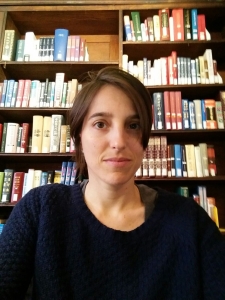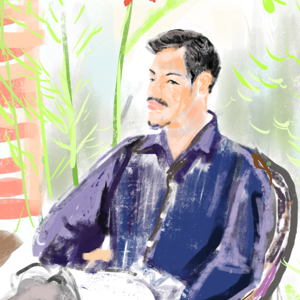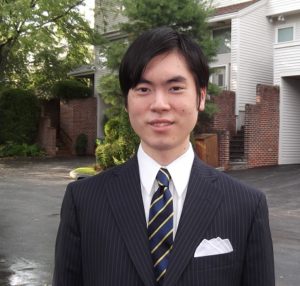 Nataly Shahaf
Nataly Shahaf
Field: Chinese History
Advisor: Eugenia Lean
Email:ns3050@columbia.edu
I am studying modern Chinese intellectual and cultural history with particular focus on the encounters between China and Japan during the late Qing and early Republican periods. I received both my B.A. and M.A. from Tel Aviv University. My Master’s thesis examines the nexus of Buddhism and Neuroscience by tracing the transition and transformation of knowledge along with the practical application of knowledge in relation to the changing social context of the time. I am currently working on the history of art production and distribution, and the visual presentation of religion and women, especially prostitutes. I am interested in the open-ended processes of collecting, printing, publishing, presenting and distributing of art in China vis-à-vis the developments of global networks of technology during the late 19th and early 20th centuries.

 Komei Sakai
Komei Sakai
